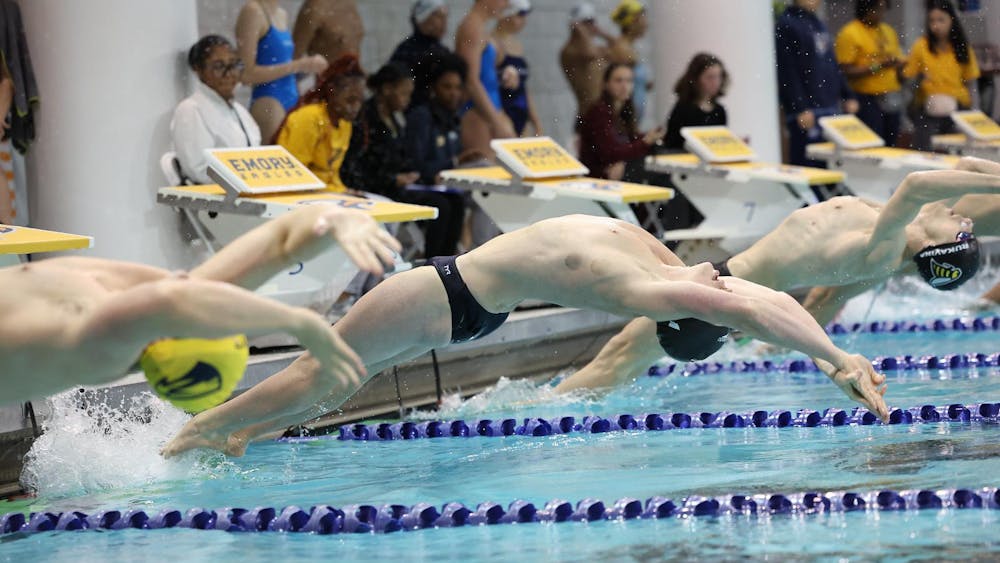As the Los Angeles Lakers claimed their 17th championship trophy on Oct. 11, the NBA Finals came to a close. The Lakers, led by point guard LeBron James, defeated the Miami Heat 4-2. The Heat were the underdogs and had impressive playoff success for a fifth-seeded team. While coming up short, the playoffs were the perfect place for the Heat to showcase the remarkable talents of their newly acquired forward Jimmy Butler.
As The New York Times sports reporter Marc Stein said, “Jimmy Butler was made for Miami.” Butler’s scrappy and determined play deems him the perfect franchise player for the Heat. Although he is known for his grit, strong will and the value he brings to his teams, he’s also regarded as a controversial locker-room player. Butler made a name for himself in the NBA through pure talent, though his image has been occasionally tainted by his past struggles with previous teams.
In each of Butler’s first three years in the NBA, he averaged less than 15 points per game (ppg). However, while starting for the Chicago Bulls in 2014, Jimmy Butler began to become a household name and emerged as Chicago’s star player in the 2016 season, but he let some of the fame get to his head. As Butler rose in popularity, so did the tension with his teammates. There was reportedly some confusion in the Chicago locker room about leadership on the team, which hurt team chemistry. Butler was also said to behave as if he deserved preferential treatment. But despite the controversies, Butler brought success to the Windy City: the Bulls have not made the playoffs since Butler was traded to the Minnesota Timberwolves in 2017.
When Butler was traded to Minnesota, his game only improved. In the two seasons he was there, Butler averaged 22 ppg, his best scoring average to date. Butler joined star center Karl-Anthony Towns and small forward Andrew Wiggins as general manager Scott Layden attempted to create a “big three.” However, once the regular season was in full swing, the controversies soon arose. Once again, the issues occured in the locker room and stemmed from Butler’s tendency to yell at his teammates. Butler's relationship with Towns and Wiggins quickly strained, and his remarks offended his teammates and coaches. Amid the drama, Butler’s talents still led the Timberwolves to the playoffs for the first time since 2004, proving his star quality.

In 2018, Butler was traded to the Philadelphia 76ers, joining star center Joel Embiid and point guard Ben Simmons. Butler’s energy and leadership led the 76ers to Game 7 of the Eastern Conference finals in 2019. However, Butler joined the 76ers knowing there was already dysfunction within the team. Unfortunately, the addition of Butler did not relieve this issue for the 76ers. The players still were unable to gel as a team, which resulted in Butler’s departure. In free agency, Butler left the 76ers and signed with the Heat.
Joining the Heat was undoubtedly the right call for Butler. Many of the issues on previous teams arose from questions of leadership and chemistry. The Heat’s roster lacked a definitive leader before Butler arrived but did not lack chemistry. Once the Heat acquired Butler, the franchise player slot was filled. Butler’s leadership skills helped the Heat advance all the way to the finals, as well as complemented the already present team chemistry. During a press conference, Heat shooting guard Tyler Herro called Butler a “tremendous leader,” someone for whom he wants to win games.
Butler is planning to stay in the 305. Currently locked into a four-year contract with the Heat, it doesn’t look like he is planning on going anywhere anytime soon. With the excitement Butler fostered this season, eyes will be on Miami next season as Butler seeks to lead them back to the finals. In conclusion to this bittersweet season, Butler wrote on his Instagram, “Best believe we will be back.”
.@JimmyButler shares a message after the Finals ? pic.twitter.com/CrHb2bLklK
— Bleacher Report (@BleacherReport) October 12, 2020





